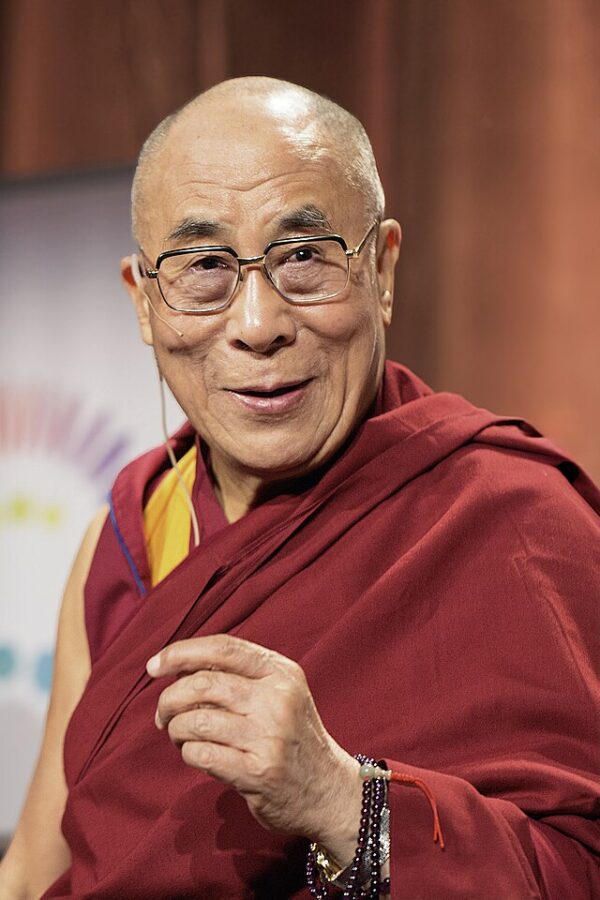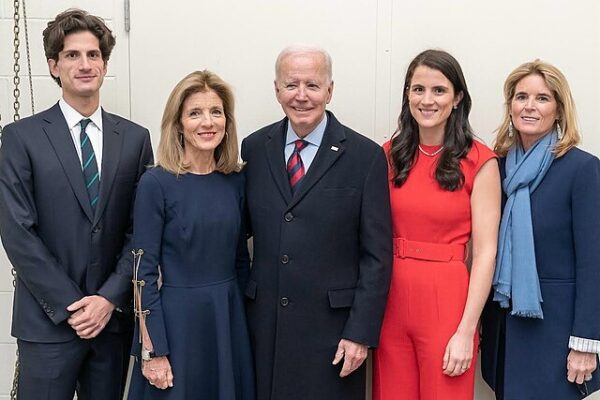After being out of the public eye for weeks, Chinese President Xi Jinping made a rare journey to Tibet on Thursday, underscoring Beijing’s push for unity as disputes over the Dalai Lama’s succession intensify. The visit, Xi’s second to the region and the first by a Chinese leader since 2021, coincided with the 60th anniversary of Tibet’s designation as an “autonomous” state within China.
Celebrations in Lhasa unfolded with tightly choreographed pomp: songs, dances, parades, and placards extolling the Communist Party, according to reports. State media broadcast thousands gathered before the Potala Palace—the Dalai Lama’s former winter residence—waving red flags and praising Xi’s leadership. One placard declared loyalty to “Xi Jinping Thought on Socialism with Chinese Characteristics for a New Era,” while another expressed gratitude to the Party and “the people of the whole country.”
President Xi in Tibet for the 60th anniversary of the founding of the Tibet Autonomous Region👏👏 pic.twitter.com/3LMe862xFD
— Amb Ma Keqing (@AmbMakeqing) August 20, 2025
Xi’s remarks emphasized loyalty and order. He thanked local leaders for their “struggle against separatism” and pledged a “modern socialist” Tibet—“united, prosperous, civilised, harmonious and beautiful,” noted CNN. The themes echoed Beijing’s long insistence that prosperity and stability must be paired with political conformity.
But the official pageantry masked the deeper conflict still unresolved. The Dalai Lama, who fled to India in 1959 after a failed uprising, turned 90 this year and declared that his charitable foundation would alone decide his reincarnation. The announcement rejected Beijing’s claim of authority over succession, drawing fierce denunciations from Chinese officials who insist they alone can anoint the spiritual leader’s heir. Relations frayed further when Czech President Petr Pavel met with the Dalai Lama in India, prompting Beijing to cut ties with Prague.
China points to infrastructure expansion and poverty reduction in Tibet as evidence of progress. Yet rights groups and Tibetan exiles describe repression: monasteries demolished, monks imprisoned, and children compelled to learn Mandarin over their native tongue. The Dalai Lama continues to advocate for a “middle way” of genuine self-rule under Chinese sovereignty—an approach Beijing brands separatism. Under Xi, control over religion has only tightened.
Thursday’s spectacle in Lhasa, however, left no space for dissent. The choreography of banners, parades, and speeches presented Tibet not as a contested frontier of identity, but as a showcase of loyalty to Xi Jinping and the Communist Party’s vision of a unified, disciplined nation.
[Read More: JD Vance Saved American Privacy]










